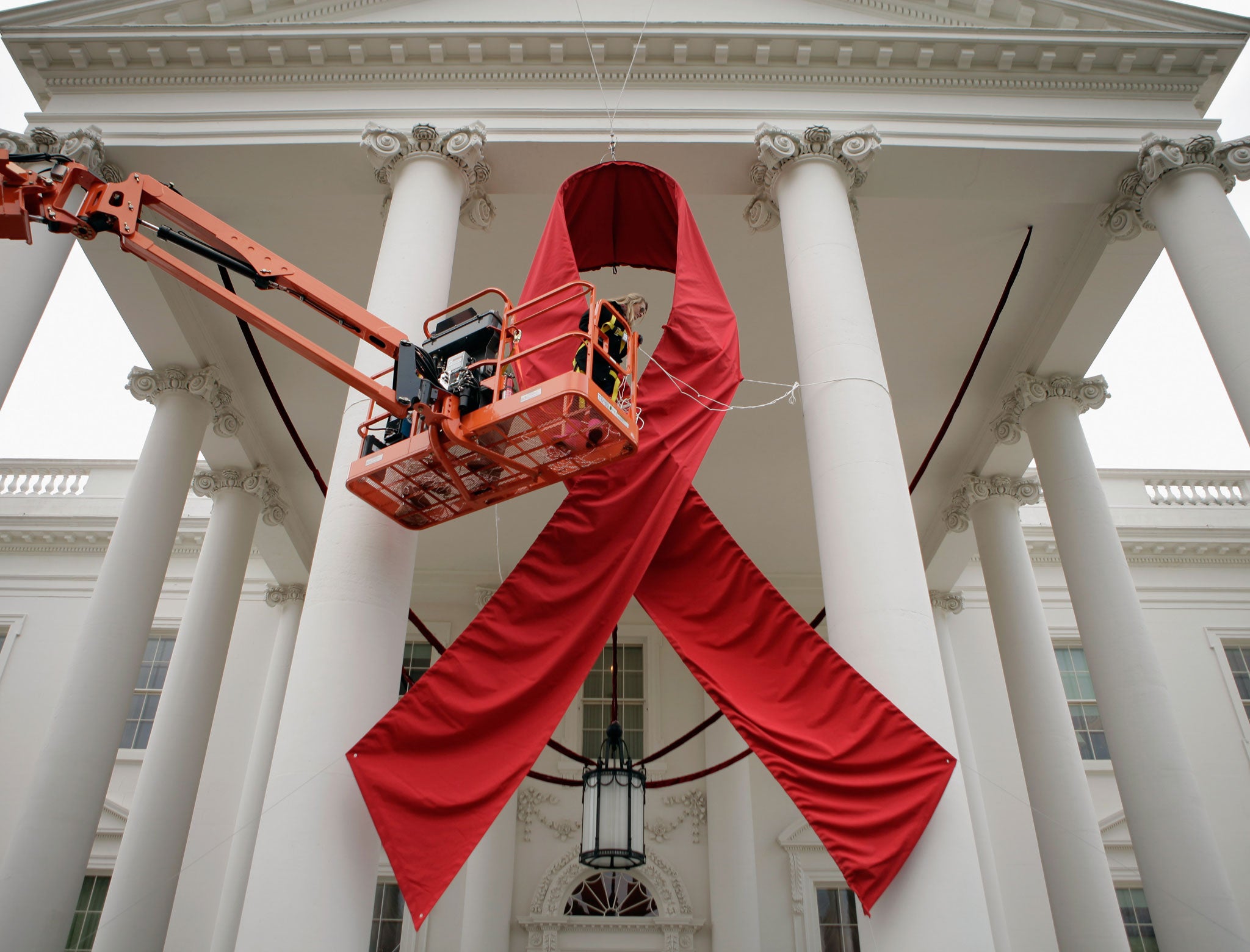An AIDS-free generation is within our reach
We are closer than ever before to ensuring that all children are born free from HIV and all those living with the disease can get the treatment they need

In a health centre in Kampala, Uganda, I met a tiny baby boy, who was clearly desperately ill. He was lying in his mother’s arms limp, tiny and frail – almost lifeless – and I was told that he had been born with HIV, passed on through his mother. It was heartbreaking to see, all the more so because it could have been so easily prevented.
One day, children suffering from HIV could be a thing of the past. An AIDS-free generation is within our reach and we are closer than ever before to ensuring that all children are born free from HIV and all those living with the disease can get the treatment they need. Indeed, in the space of just three years, between 2009 and 2012, new HIV infections among children under 14 years old fell by 35 per cent.
Ahead of World AIDS Day, UNICEF’s new report ‘Children and AIDS: The Sixth Stocktaking Report’ explores the strides that have been made in the fight against HIV, but also the challenges that still lie ahead.
Between 2005 and 2012 more than 850,000 children in low and middle income countries, whose mothers were living with HIV, were born without contracting the disease. These children avoided HIV due to global and national efforts to make treatment and other services available for pregnant women living with HIV, including life changing improvements to simplify antiretroviral treatments in the form of one pill a day (compared to the previous regimen of up to six pills per day).
In high income countries, such as the UK, mother to child transmissions of HIV have been virtually eliminated. Now is the time to see them eliminated in lower income countries too. We have the knowledge, the experience and the tools to achieve this.
Indeed, some of the biggest successes we have seen in preventing mother-to-child HIV infections are in countries in sub-Saharan Africa. Between 2009 and 2012, improved access to treatment for mothers saw new infections in infants decline by a staggering 76 per cent in Ghana, 58 per cent in Namibia and 55 per cent in Zimbabwe.
We are making real waves in eradicating HIV once and for all. With each year that passes, we will see even more children living a life free from HIV.
However, every single death from AIDS is a tragedy. And sadly despite the gains made, almost 600 children died from AIDS-related causes every day in 2012. What’s more, in the same year around 260,000 children in low and middle income countries were newly infected with HIV. We can not be complacent – efforts still need to be urgently stepped up.
The most tragic news coming from the report is that we are letting down young people. Deaths among adolescents are actually increasing, with a rise of 50 percent between 2005 and 2012. Adolescents are too often overlooked in the response to HIV, with discrimination, poverty, inequalities and harsh laws often preventing adolescents from seeking and receiving testing, health care and support.
We must ensure that access to testing, counselling and treatment is made available through adolescent-friendly programmes that take into account young people’s needs and offer them a protective and safe environment.
What’s more, women and girls must be placed at the centre of our efforts, ensuring they have access to condoms, to protect themselves from HIV in the first place. Those living with the virus need antiretroviral medicines to stay healthy and to avoid passing HIV to their babies during pregnancy, childbirth or breastfeeding.
We can't afford to think the battle against HIV is won - not yet. But we can win it if the resources, political will and support for mother’s and young people is scaled up. Only then will an AIDS free generation really be a realistic vision for the future.
For the little baby I met in Uganda, it was sadly too late, but I firmly believe that one day, no child will ever have to experience HIV.
David Bull joined the United Nations Children’s Fund as Executive Director of the UK Committee in September 1999.
Join our commenting forum
Join thought-provoking conversations, follow other Independent readers and see their replies
Comments
Bookmark popover
Removed from bookmarks